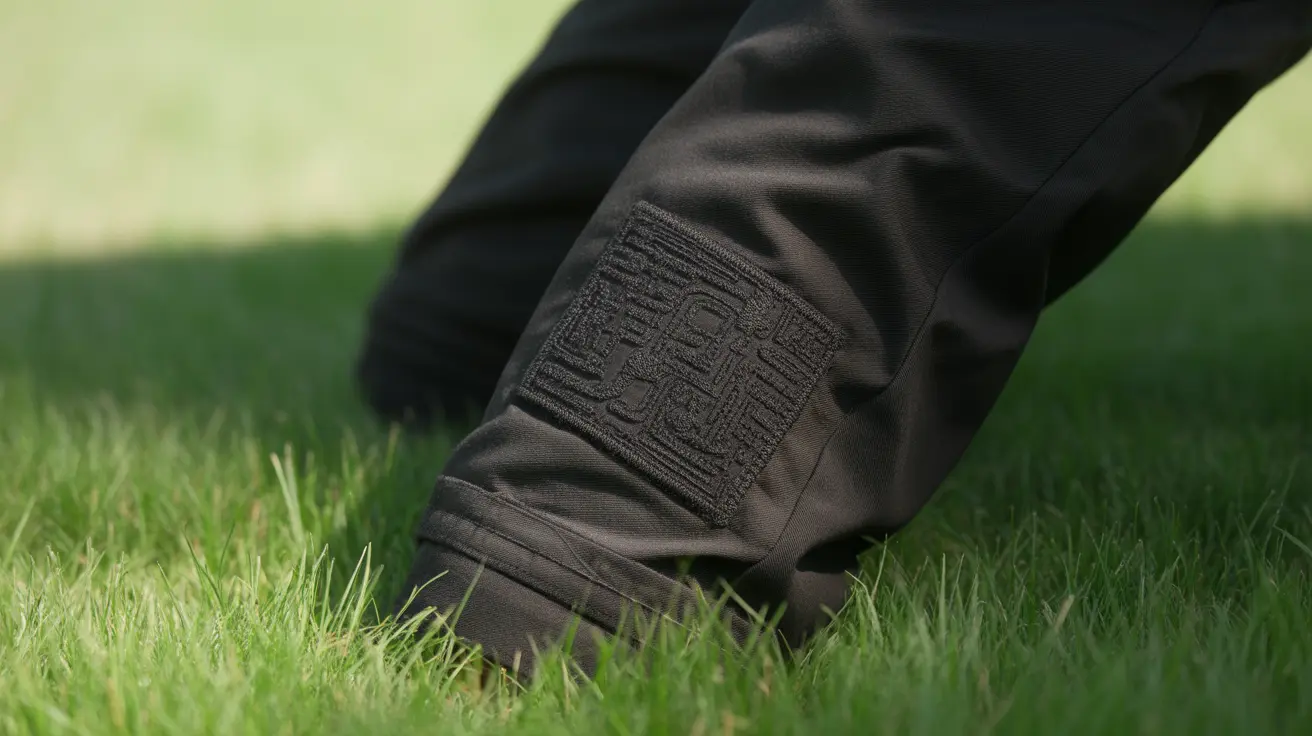Is It Possible for Dogs to Have Too Much Peanut Butter?
Peanut butter is a beloved treat for many dogs, praised for its taste, aroma, and nutritional benefits. However, like any good thing, too much can lead to problems. Understanding the balance between benefits and potential risks is key to ensuring your dog stays happy and healthy.
Why Dogs Love Peanut Butter
- Appealing Taste and Aroma: Peanut butter is rich in fat and protein, triggering your dog's primal attraction to nutrient-dense foods. Its roasted scent mimics the aroma of caramelized meat, which dogs find highly appealing due to their sensitive sense of smell.
- Natural Sweetness: Although some commercial peanut butter contains added sugars, even natural, unsweetened varieties appeal to dogs. Their omnivorous nature allows them to detect and enjoy sweet flavors.
- Texture and Novelty: The creamy or chunky consistency of peanut butter makes it an interactive treat, often used in puzzle toys or to conceal medication, adding to its allure.
Nutritional Benefits of Peanut Butter
When given in moderation, peanut butter provides:
- Healthy Fats: Including polyunsaturated fats like omega-6, which support skin and immune health.
- Protein: Essential for muscle development and immune function.
- Fiber: Aids digestion and promotes a healthy colon.
- Vitamins: Includes vitamin E (for muscles, skin, coat, and eyes) and important B vitamins like niacin, biotin, and folic acid.
- Minerals: Magnesium, phosphorus, and manganese support metabolism, strong bones, and stress relief.
The Risk of Overconsumption
Despite its benefits, feeding your dog too much peanut butter presents certain risks:
- High-Calorie Content: Peanut butter is calorie-dense and can quickly contribute to weight gain and obesity, particularly in small dogs.
- High in Fat: Excessive fats can lead to gastrointestinal upset or even pancreatitis, especially in predisposed breeds.
- Sugar and Salt: Some commercial varieties contain high levels of added sugars and sodium, which may be harmful over time.
- Xylitol: A sugar substitute found in some peanut butters, xylitol is extremely toxic to dogs and can cause life-threatening hypoglycemia and liver damage.
How Much Peanut Butter Is Safe?
The general guideline is that treats, including peanut butter, should make up no more than 10% of your dog’s daily calorie intake. Specific recommendations include:
- For Small Dogs: Less than a quarter teaspoon per day.
- For Medium to Large Dogs: Up to one teaspoon daily.
Always consult your veterinarian to determine safe serving sizes based on your dog’s breed, weight, and health conditions.
Choosing the Right Peanut Butter
Not all peanut butter is created equal. Follow these tips to select a safe brand:
- Check Ingredients: Ensure it doesn’t contain xylitol or other harmful artificial sweeteners.
- Go Organic: Select brands with minimal ingredients—ideally just peanuts. Avoid added preservatives or salt.
- Avoid Sugars: Choose unsweetened varieties that are free from added sugars or high-fructose corn syrup.
Creative and Safe Uses for Peanut Butter
Peanut butter is not only a treat but also a tool for behavior management and enrichment:
- Pill Hiding: Disguise medication to make it more palatable.
- Training Reward: Use small amounts on a spoon or finger during obedience training for motivation.
- Interactive Toys: Stuff a Kong toy with a layer of peanut butter and freeze it for extended playtime.
Monitoring and Moderation
While dogs may beg for more, it’s up to pet owners to ensure these treats are given safely. Watch for signs of overconsumption such as:
- Lethargy or reduced energy
- Vomiting or diarrhea
- Weight gain
- Change in appetite
At the first sign of a problem, discontinue the treat and consult your veterinarian.
Conclusion
Peanut butter can be an enjoyable, enriching treat for dogs when chosen with care and given in moderation. The key is reading ingredient labels and limiting portion sizes to avoid health risks. By doing so, you can safely let your furry friend indulge in one of life’s tastiest rewards.





